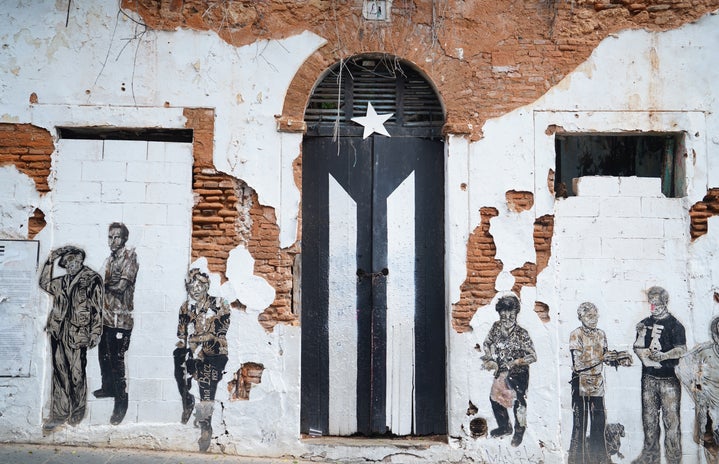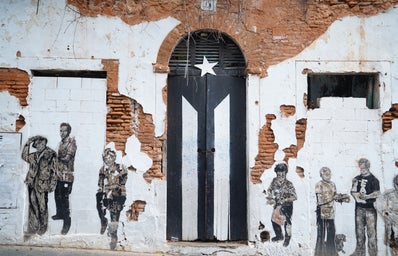Currently, there is at least one Puerto Rican on the world’s list of the best musical artists. There are also Puerto Ricans on lists from a short time ago, on the one from ten years ago, and so on. It is impressive that many Puerto Rican artists achieve stardom in genres as diverse as salsa, indie, pop, reggaeton, rock, among others. One can easily perceive a consistency in the talent production in Puerto Rico. It is essential to recognize that this talent does not stay on the island but reaches the international market. According to BBC Mundo: “the constant presence of Puerto Ricans on the world artistic scene dates back to the first part of the 20th century, with performers such as Ruth Fernández or Cortijo y su combo, who toured Latin America and the US even before television existed.”
Although the lists reflect something, musical taste will always be subjective no matter how much we think we have the most assertive opinion. It happens to the best of us. I have had conversations where friendships have been put at risk due to differences of opinion and how passionate we were about defending art or the artist with arguments loaded with knowledge about the music industry and the genre of the artist in question. Having had this experience with friends (not seriously) on so many occasions makes me believe that not only is music a vital topic or interest for Puerto Ricans, but that we know a lot about it because we live surrounded by it. All Puerto Ricans have music very present in their lives, even if they don’t necessarily play an instrument or create music themselves. Like many other Puerto Rican artists, Ednita Nazario tells BBC Mundo in an interview: “The influences of everything that was happening around me helped me find my own musical language, my capabilities and limitations…music is part of our daily life. It is always present at school, at church, at parties, on the street…” We relate, socialize, and make important memories with music. It seems that it is part of our cultural identity. Music as a cultural identity is not the same as the country’s native music.
While the country’s native music refers to traditional and indigenous musical genres, such as bomba or plena, music as a cultural identity refers to the role that music plays in the daily life of Puerto Ricans, reflecting their experiences and emotions beyond specific genres. This cultural identity concerning music can be attributed to the collective character of Puerto Ricans. We are proud and make a constant effort to represent ourselves, make ourselves heard, and make ourselves known to the world. This is why the identity I am talking about distinguishes us from the artistic framework of other countries; and what differentiates us and influences us is that we prevail as a colony. Puerto Rico’s colonial history is rooted in our unconscious need to define and project ourselves to the world through music. The effects of coloniality drives us to want something of our own… something to be recognized by and distinguished from our socio-political status. This desire has taken us to the top in music as a country, which makes us proud and gives way to a chain reaction through which we distill generational repression.



